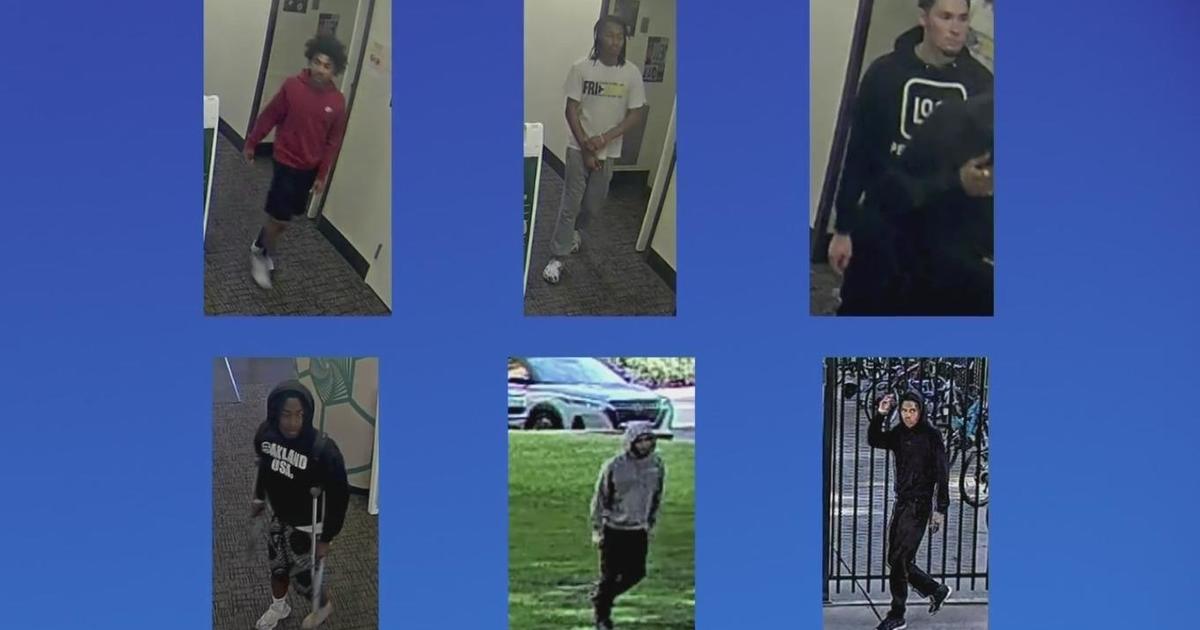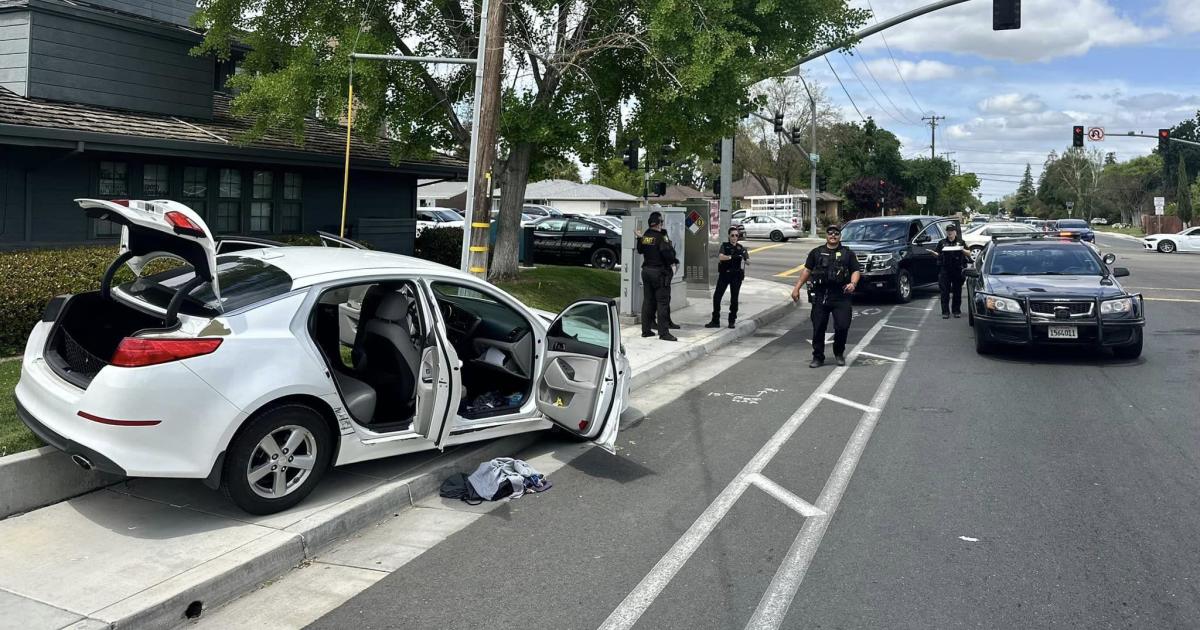Not Taking a Toll: Government Agencies Avoid Paying
SACRAMENTO (CBS13) — Everybody pays whether coming or going from or to the bay area, four to six bucks for the average car, up to 35 for the biggest truck.
Multiply that by the 122 million toll transactions last year and you're talking about huge cash flow.
As John Goodwin of the Metropolitan Transportation Commission says, "…everybody is obliged to pay the toll."
But there's always those who don't pay their fair share, and when they don't the MTC will send them a toll violation in the mail.
"We treat everybody the same, whether it's a private individual or a government agency," says Goodwin.
The law says any driver who passes through a toll booth must pay the toll, with the only exception being emergency vehicles with their lights flashing, and that includes bridge tow-trucks and maintenance vehicles.
We began investigating government violations last September, focusing on the last three years.
And when the MTC handed over its data last month we discovered at least 20 local, state, and federal agencies across northern California weren't always paying their tolls.
The MTC oversees the seven state-owned bridges in the Bay Area; the money it collects helps pay for their maintenance and repair, as well as for construction projects past, present, and future.
Goodwin emphasizes "I have no particular sympathy for government agencies that don't pay their tolls."
Agencies like the California Department of Corrections and Rehabilitation.
As one of the top offenders, MTC data show the CDCR had 320 violations.
Then there's the Department of General Services, the state's business manager.
The DGS earned 325 violations, most of those sent to collections.
They tell us they were not aware of any outstanding toll violations.
"In virtually all of the cases we never received the violation notice itself," says DGS spokesman Eric Lamoureux.
But all pale in comparison with the California Department of Transportation.
MTC's data showed that Caltrans had 58,871 toll violations, all of them sent to collections.
We brought the results to Caltrans.
"At first it was shocking," says Caltrans spokesperson Tamie McGowen.
Their past due violations and fines had ballooned to more than $4.4 million.
Caltrans immediately contacted the MTC and Bay Area Toll Authority to figure out how that could be.
Soon, they had their answer.
"… it was actually $118,000 we owed in back tolls" says McGowen.
The MTC admitted to us that a new monthly bill-processing system implemented for Caltrans was to blame.
They told us they didn't catch the billing errors because of the vast number of tolls paid by Caltrans, about 26,000 each month.
"…and that became so enormous they actually were arriving in boxes," says McGowen.
But there were also numerous instances where the MTC billed exempt Caltrans vehicles by mistake.
Goodwin admits this investigation revealed how "…things fell through cracks in an enormous way."
The DGS, Caltrans, CDCR and other agencies we talked to all say timely Fastrak billing and delivery of toll violations are the main cause of the fines and 3rd party collection fees.
Lamoureux says in many cases the employees should have paid the tolls, and now the fines.
"Now that we're aware of these violations, we've been notifying the employees and they've been working to resolve those issues, or if it's a legit fine to pay that fine."
And by law state agencies are not allowed to pay those fines.
Caltrans McGowen says "we recognize that we're a user of the bridges just like anyone else, and we want to pay those tolls, so we've come up with a more efficient way of doing business that actually saves the taxpayers' dollars."
Every dollar counts.
When the MTC doesn't get its money, bridge repair and maintenance could be delayed, possibly compromising driver safety.
Toll payers have at least one suggestion.
"I think some government agencies need to be audited to be honest with you."
The state agencies we spoke to all say they're working with the MTC to figure out which violations are legit and which employees should pay the fines and collections fees.
The MTC says there are several reasons for the problems with the accuracy of their billing system, citing inadequate resources which result in long backlog with processing violations, intermittent software glitches between MTC and DMV data bases in April and May of 2011, and a very inefficient system of sending notices all over California.
FasTrak by the numbers (source: MTC/BATA):
• In 2012, 49.1 million cash transactions and 72.5 million FasTrak transactions
• 2.3 million violations which would have generated $11.2 million in revenue
• After sending violation notices and putting DMV holds on those registrations (275,900) and sending bill to collection agencies, the MTC collected $14.8 million in revenue from violation penalties (81,500 paid tolls and penalties)
• This gave MTC a net revenue of almost $3.6 million in 2012



